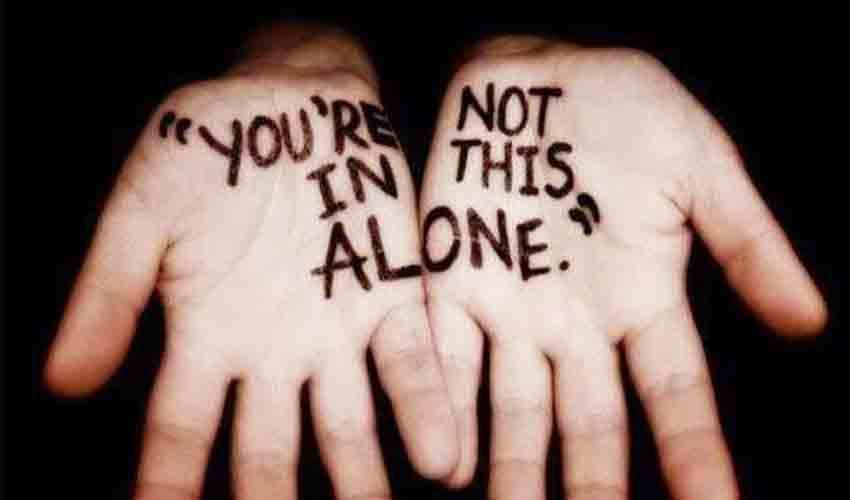
Artist Motol Yamamoto, who created labyrinths of salt to help express his own grief at the loss of his sister due to brain cancer. Click on the image for more information.
In my hospice, as well as in many others, when someone dies we consider the family members involved and rate their grief as low, medium or high. The thought being that if someone is on the low end, they will generally be fine. On the medium and high end though, we need to be more involved as this person may not cope well.
And I’m starting to think this is really missing the point.
There has been research recently in regards to complicated grief – grief that becomes debilitating to the point of becoming a chronic, life-limiting condition. This is the kind of grief that we in hospice are trying to identify, monitor and assist with. It differs from normal grief in that it is much more of a clinical condition, however it has many of the same characteristics as normal grief. The main determinants between the two, putting it simply, are duration of symptoms and the severity of them. Normal grief can involve impulsive crying, sleeplessness, rapid weight loss or gain, and even auditory or visual hallucinations. But they tend to subside over time and generally do not interfere with daily functioning. Complicated grief resembles PTSD, in that it can have these same symptoms but amplified and intrusive to the point where they cannot function normally. Continue reading →


 I had a request from one of the facilities we serve to visit one of their residents. This man had some tremendous losses in the past year. His wife, who had dementia, had died rather suddenly some months ago. He also had a stroke which affected his speech and mobility, requiring him to move in to the facility as well. I spoke with his daughter before visiting and she spoke of how concerned she was for him, saying he had talked with his physical therapists about how depressed he was.
I had a request from one of the facilities we serve to visit one of their residents. This man had some tremendous losses in the past year. His wife, who had dementia, had died rather suddenly some months ago. He also had a stroke which affected his speech and mobility, requiring him to move in to the facility as well. I spoke with his daughter before visiting and she spoke of how concerned she was for him, saying he had talked with his physical therapists about how depressed he was. 
